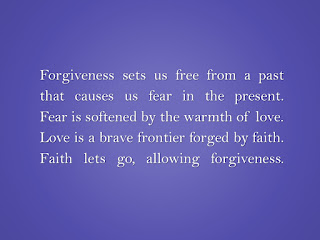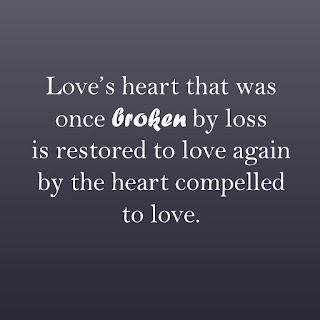“Habit is
habit, and not to be flung out of the window by anyone, but coaxed downstairs
one step at a time.”
— Mark
Twain (1835–1910)
The nature of habit is insidious and sticky. And although some
habits adhere with unerring and unfortunate ease, we’re left with the same
dilemma no matter the habit: how to get undogged.
Having recovered from chronic alcoholism (weekend binge-drinking)
and cigarette smoking, and having dealt with numerous other recoveries,
overeating one of them, I can speak in a way with which you will probably
concur.
I tried numerous times to fling habits out the window. That is
to overcome them, cold turkey, without a strategy, or with a strategy that was
ill-fated. Almost every time I failed. Because I didn’t establish a solitary habit in countering a moment
that always comes.
Something AA taught me was the importance of honesty. It’s on the turning away that
we’re done in when on our attempt to recover. And there are moments when we’re
tempted, where the decision to lapse comes through turning away.
We dissociate from ourselves in these moments, through a little
lie believed, a pivotal denial, a dangerous compromise. Such a turning away
renders the days, weeks, months, sometimes years, of hard work, vain.
The way recovery works is focus one day at a time, as Twain
suggests, one step at a time. It’s not rocket science. But it is a commitment
to not turning away, which is to stay truthful with ourselves, faithful to our
cause.
Being honest, one day at a time, consistently and faithfully
ever after, is the way to recover from every nasty habit.














